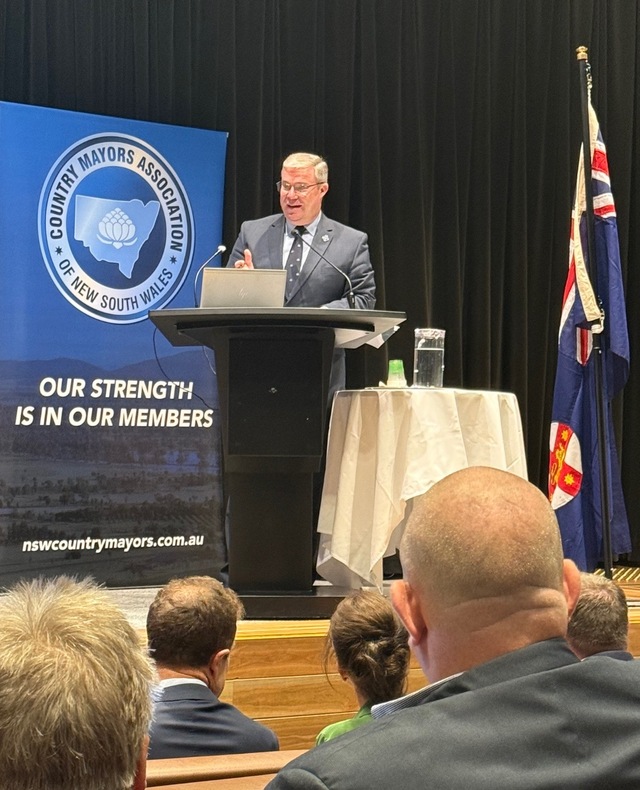Chairman of the NSW Country Mayors Association (CMA), Mayor Rick Firman OAM, has cautiously welcomed the planning reforms announced by the Minns’ Government in September.
Mayor Firman, however, raised concerns about how centralised planning, standardised assessments and processes would improve outcomes for remote, rural and regional communities.
“The CMA, of course, support reforms to the planning regime that will make it simpler and faster for all those involved.
“However, we are concerned about whether the new standardised, centralised approach will have the capacity to accommodate development in remote, rural and regional NSW. As always with major legislative reform, the devil is in the detail. We will be analysing the legislation and the supporting regime to determine what the impacts are on the communities and businesses our members represent,” Mayor Firman said.
“Councils across NSW have expended considerable resources preparing and adopting State mandated plans such as the Local Strategic Planning Statements which required considerable community consultation. Councils want to see how these plans and statements which have been informed by the local community will be integrated into the Housing Deliver Authority’s decision-making” Mayor Firman said.
“It is imperative, therefore that once the Government starts fine-tuning the legislation and its implementation, that local government is a genuine part of the process,” Mayor Firman said. “The CMA Board is pleased to see the establishment of the Development Control Authority (DCA), whose role is to act as a clearing house in relation to the approvals required from other government agencies for developments. The ability to obtain approvals from government agencies more swiftly through the DCA’s work is welcomed,” he said.
“The CMA strongly supports legislative changes that will improve housing stock in NSW, however, it is imperative that other barriers to housing development are addressed at the same time. These include skills shortages for town planners and building inspectors as well as across all the building trades. In addition, the time and costs associated with the provision of supporting infrastructure such as roads, electricity, water and sewerage, which in some non-metropolitan locations can take years, is a significant barrier to growth,” Mayor Firman said. “Cutting the red tape that has grown over the years, as successive State Governments have made amendment after amendment to the planning regime has undoubtedly increased the paperwork involved in getting developments over the line, is definitely overdue.”

















